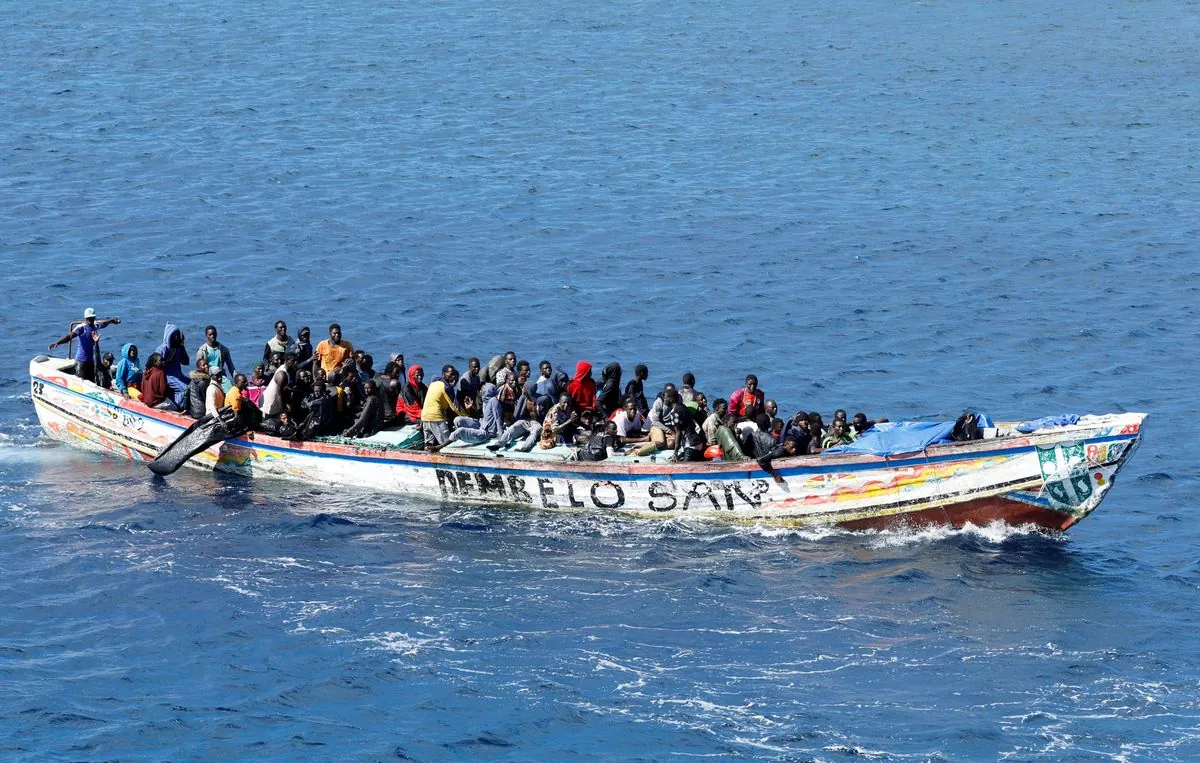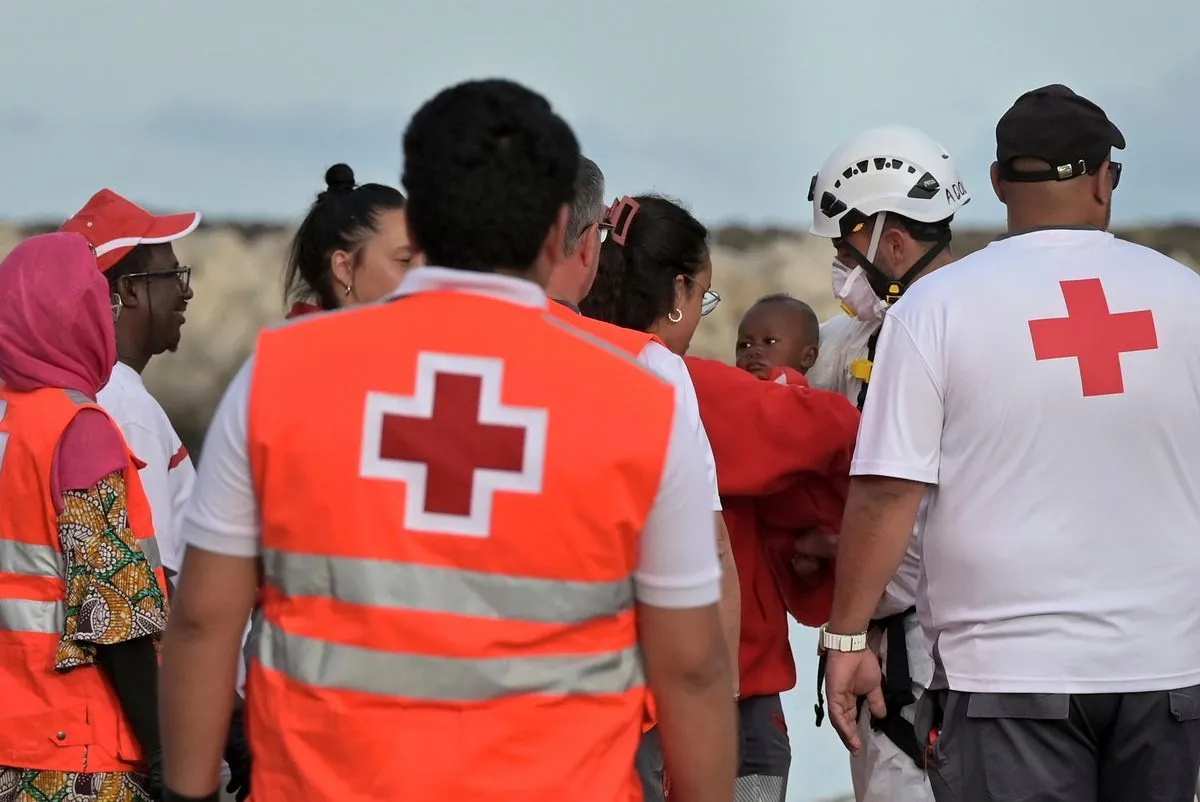Canary Islands Brace for Potential Influx of 150,000 African Migrants
Spanish authorities anticipate a surge of African migrants to the Canary Islands, with up to 150,000 expected this year. The archipelago, already struggling with over 20,000 arrivals, calls for support and legal changes.

The Canary Islands, an autonomous community of Spain located in the Atlantic Ocean, are facing a potential humanitarian crisis as Spanish authorities anticipate a significant increase in African migrants attempting to reach the archipelago. Fernando Clavijo, the regional leader, expressed concern that up to 150,000 additional migrants may attempt the perilous journey this year.
The situation is already dire, with over 20,000 illegal arrivals recorded so far in 2023. Clavijo warned of potential "total distress" in the coming months, particularly September, October, and November, despite the current influx occurring during August's challenging sea conditions.

The Canary Islands, known for their subtropical climate and diverse landscapes, have long been a popular tourist destination. However, their proximity to the African continent – approximately 100 km from Morocco at the closest point – has made them a target for those seeking to enter Europe.
"We are seeing (mass arrivals) in August with bad sea conditions. In September, October and November it could be total distress."
The archipelago's population of around 2.2 million is struggling to cope with the influx. According to data from the European Union's border agency Frontex, the route from Africa to the Canary Islands has experienced a 154% surge in migrants during the first seven months of 2023, with 21,620 crossings recorded.
In response to the crisis, Spanish Prime Minister Pedro Sanchez is set to embark on a tour of West African countries on August 25, 2023. The visit aims to support local efforts to contain illegal migration from Mauritania, Senegal, and the Gambia – the primary departure points for migrant boats.
While Clavijo praised this initiative, he also called for increased diplomatic pressure on departure countries from both European and Spanish authorities. The regional leader emphasized that the Canary Islands "cannot support that pressure alone" and urged political parties to amend migration laws.
One proposed change involves allowing the transfer of thousands of underage migrants to mainland Spain. Clavijo argued that this would be preferable to expanding the islands' reception capabilities, as it would offer better living conditions for the minors.
The urgency of the situation was underscored by a recent rescue operation near the island of El Hierro, where a boat carrying 173 migrants was saved. Tragically, one person on board had died during the journey, highlighting the dangers faced by those attempting the crossing.
As the Canary Islands grapple with this humanitarian challenge, they must also balance their role as a popular tourist destination and a unique ecosystem home to many endemic plant and animal species. The islands' economy, primarily based on tourism and agriculture, may face additional strain as they work to address the needs of arriving migrants while maintaining their appeal to visitors.
The coming months will be crucial in determining how the Canary Islands and Spain as a whole respond to this ongoing crisis, with potential implications for migration policies across the European Union.


































